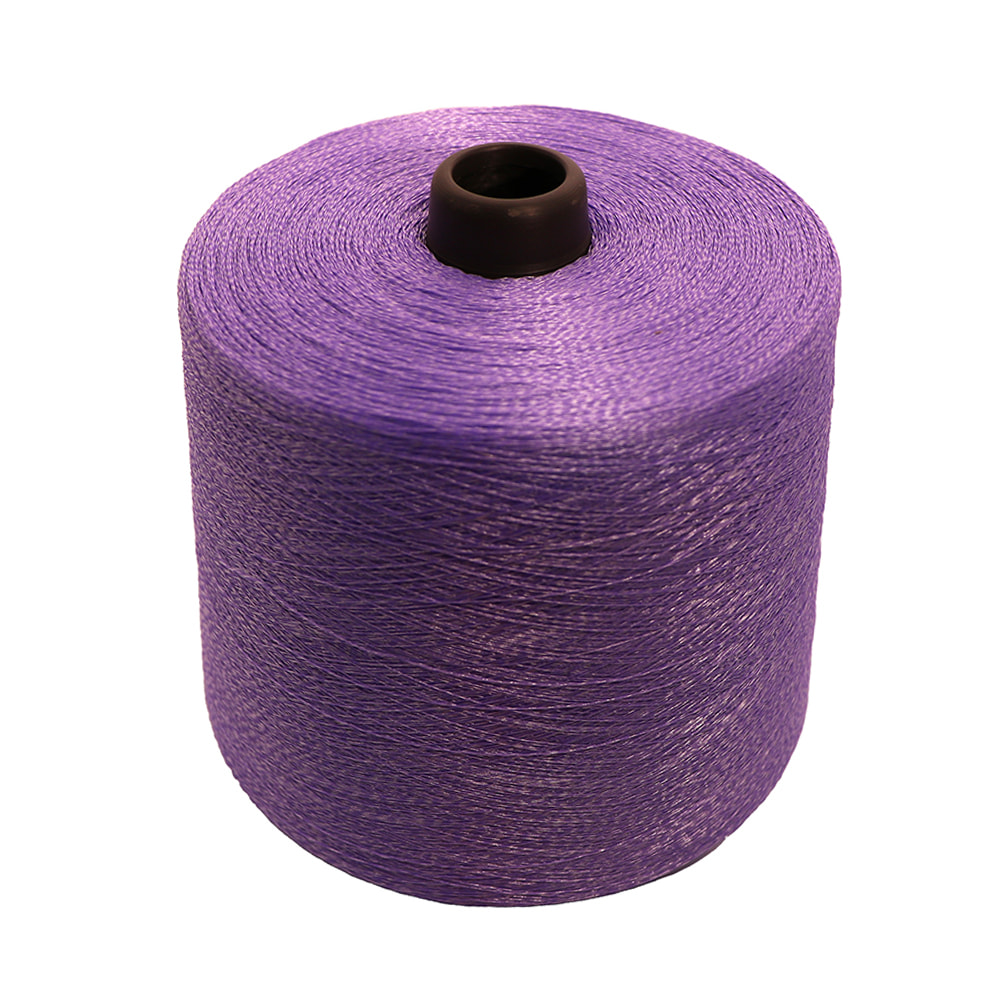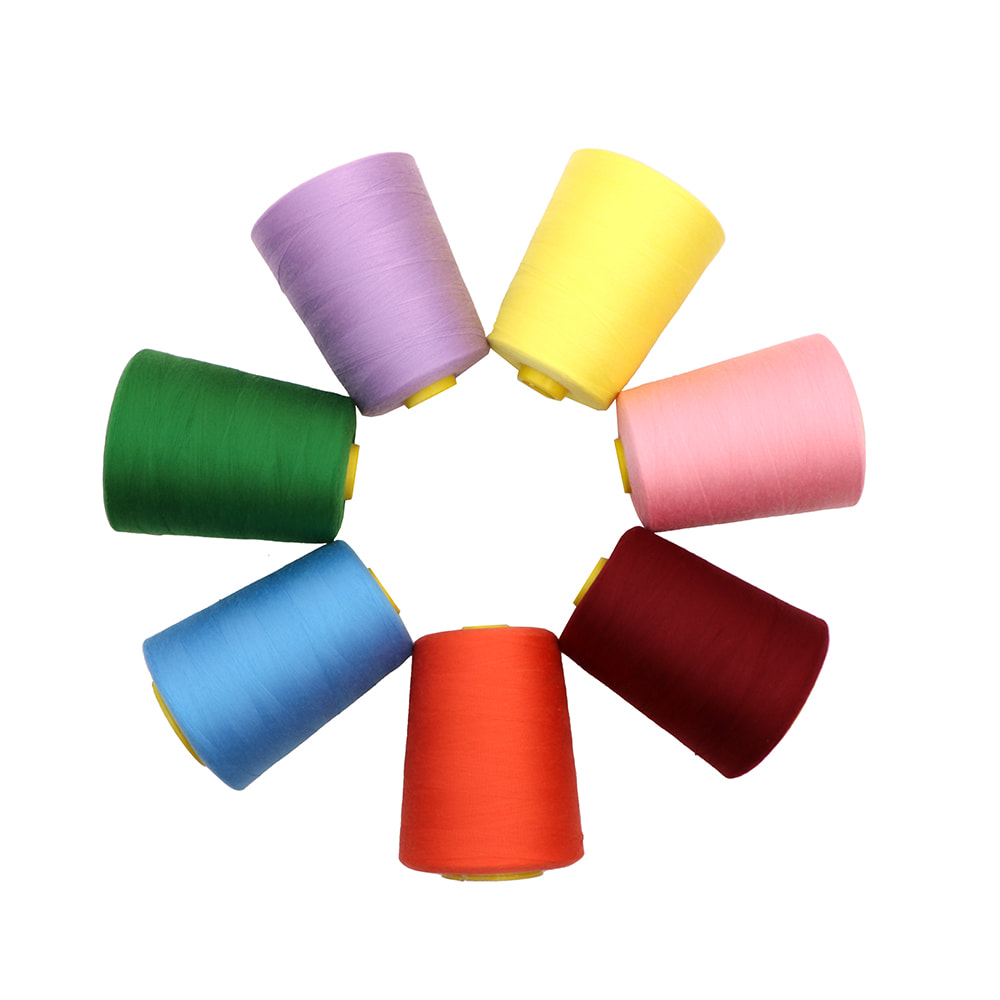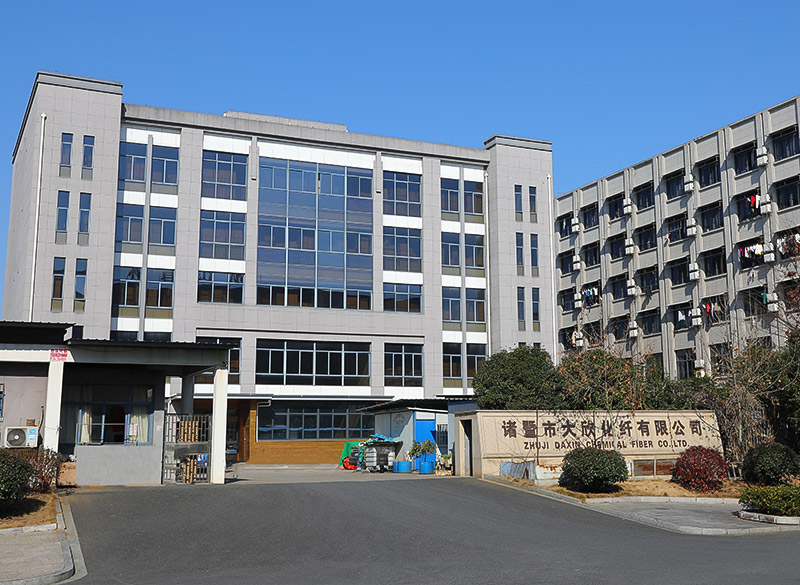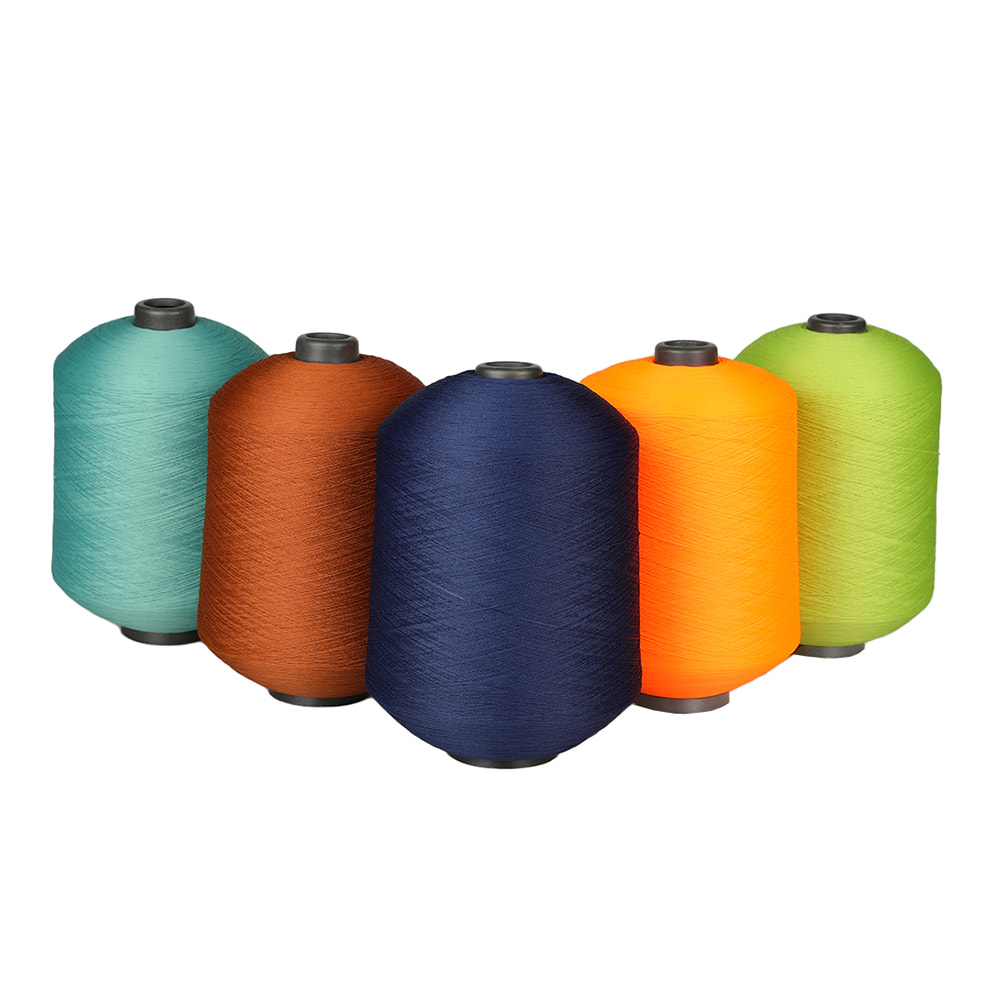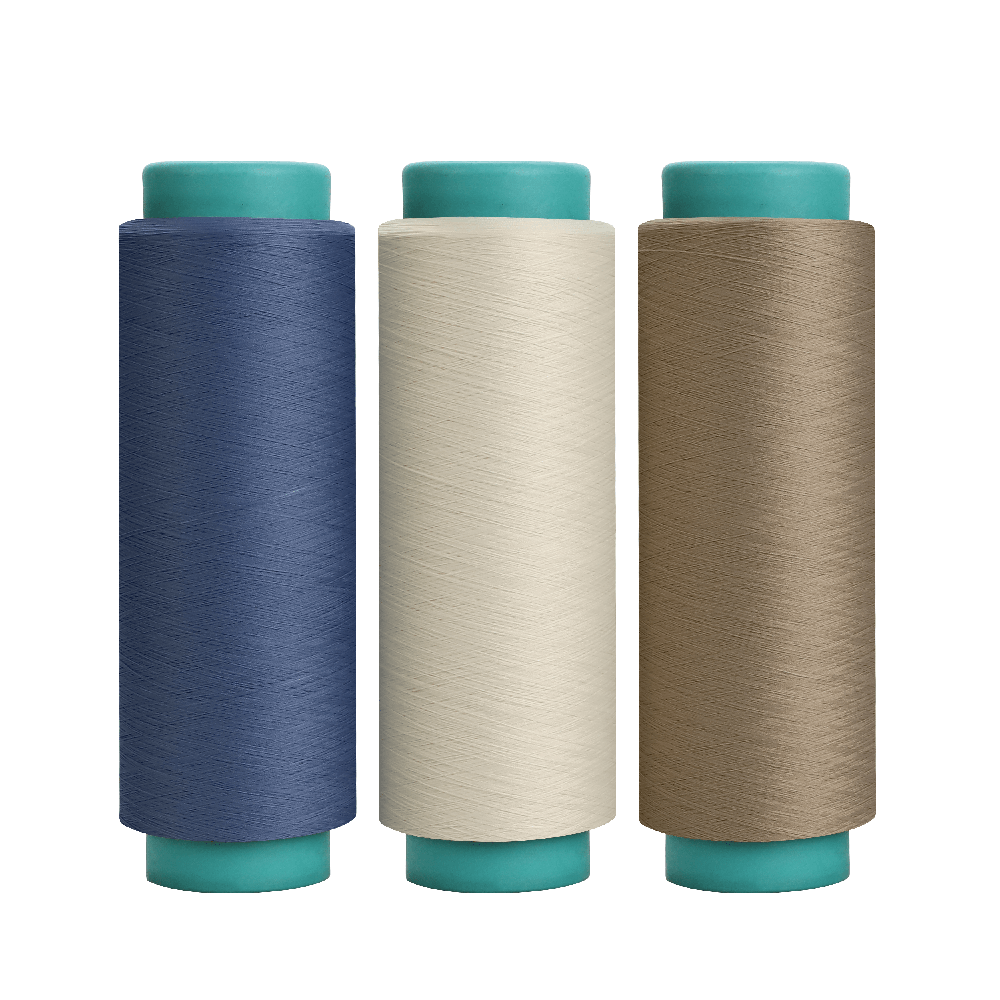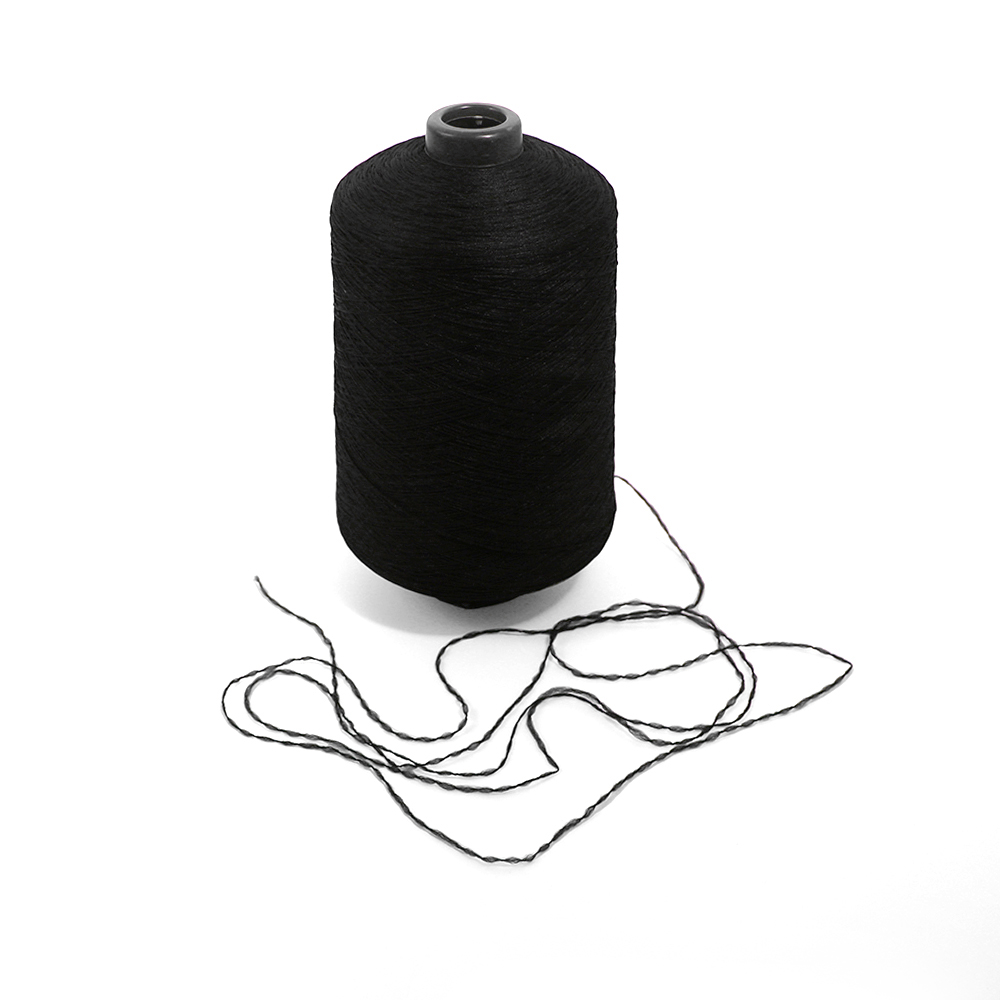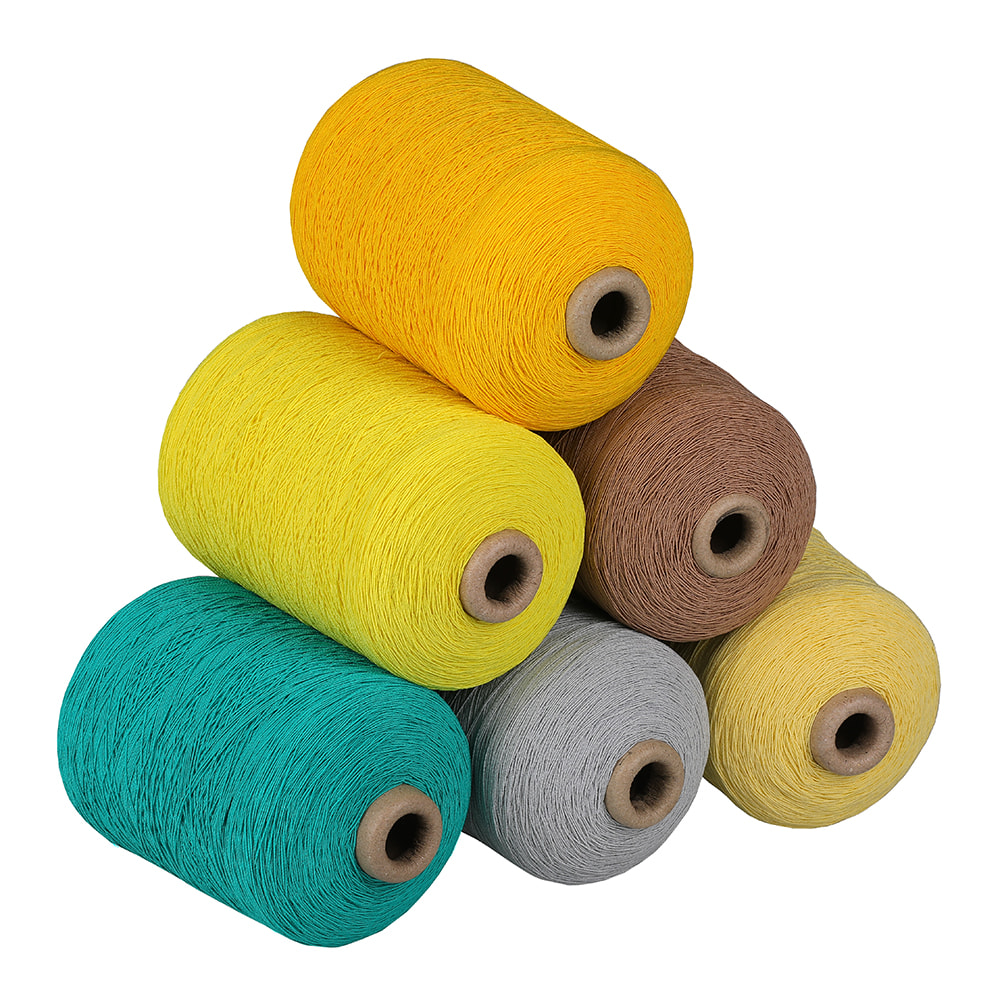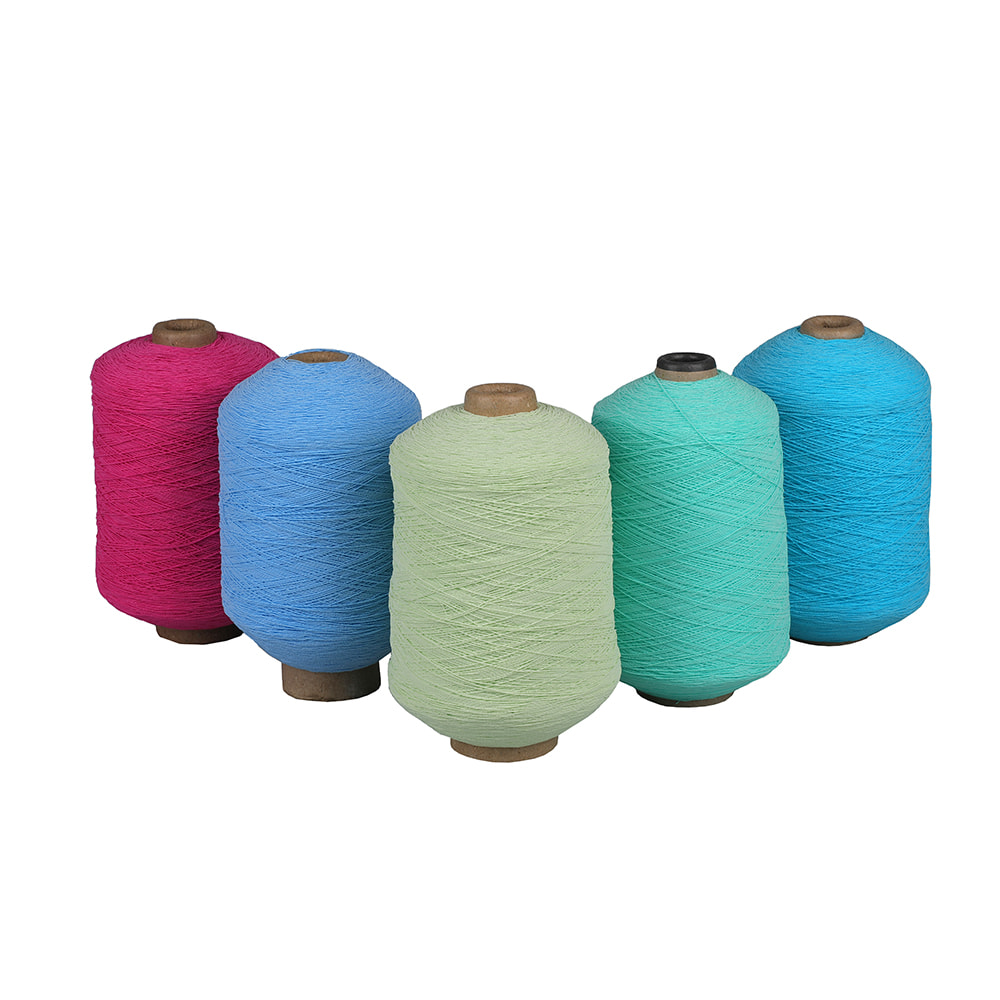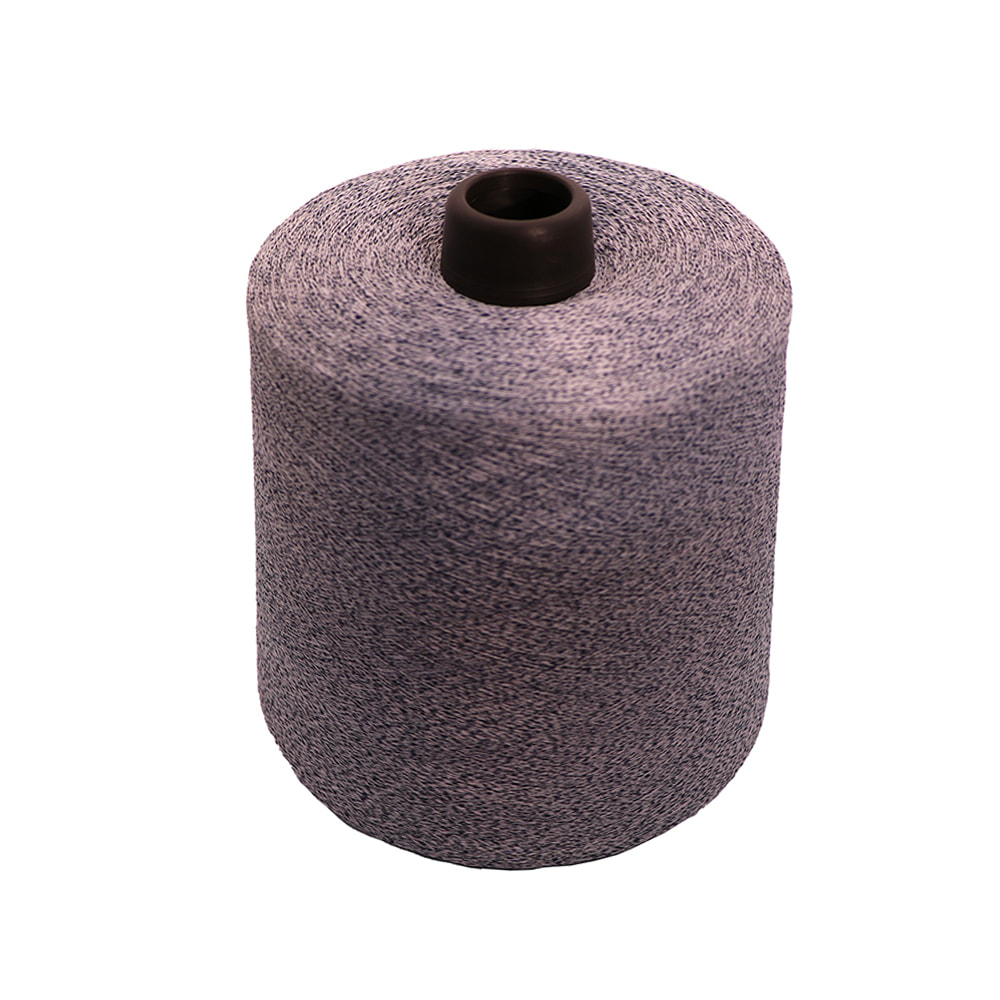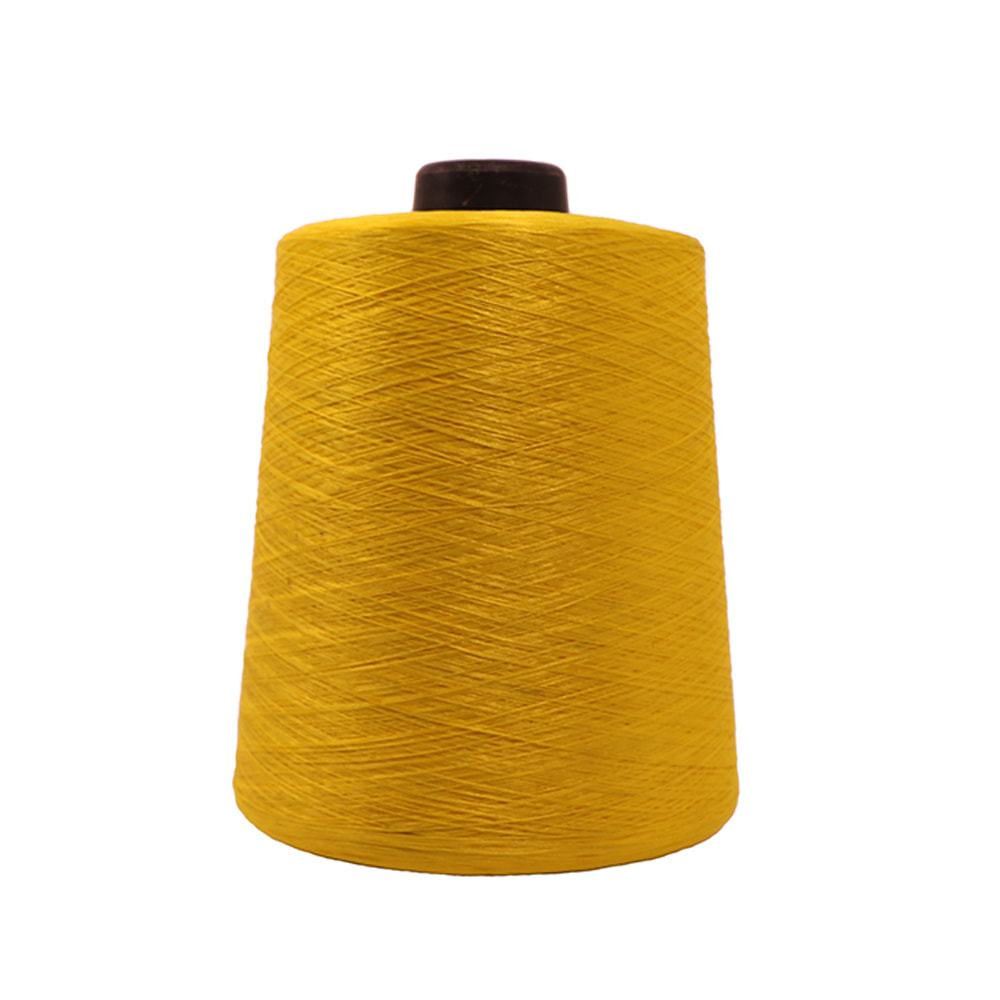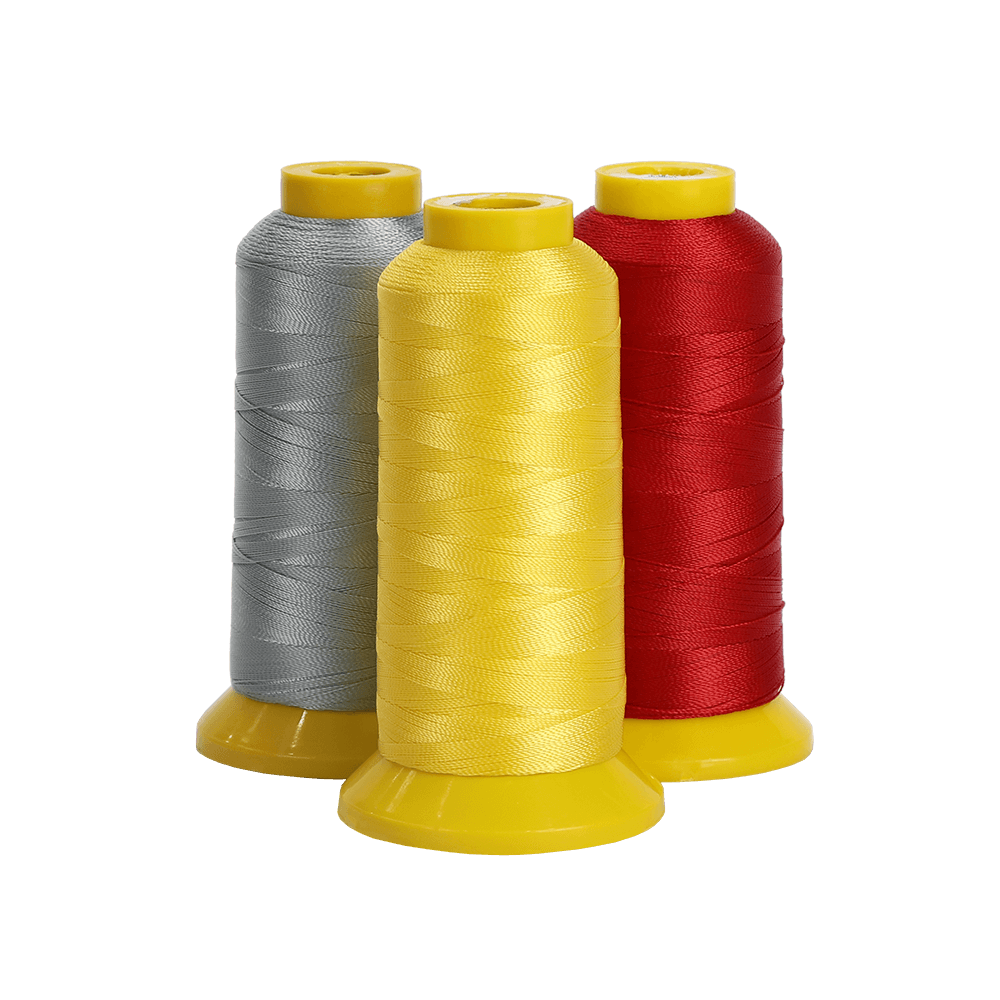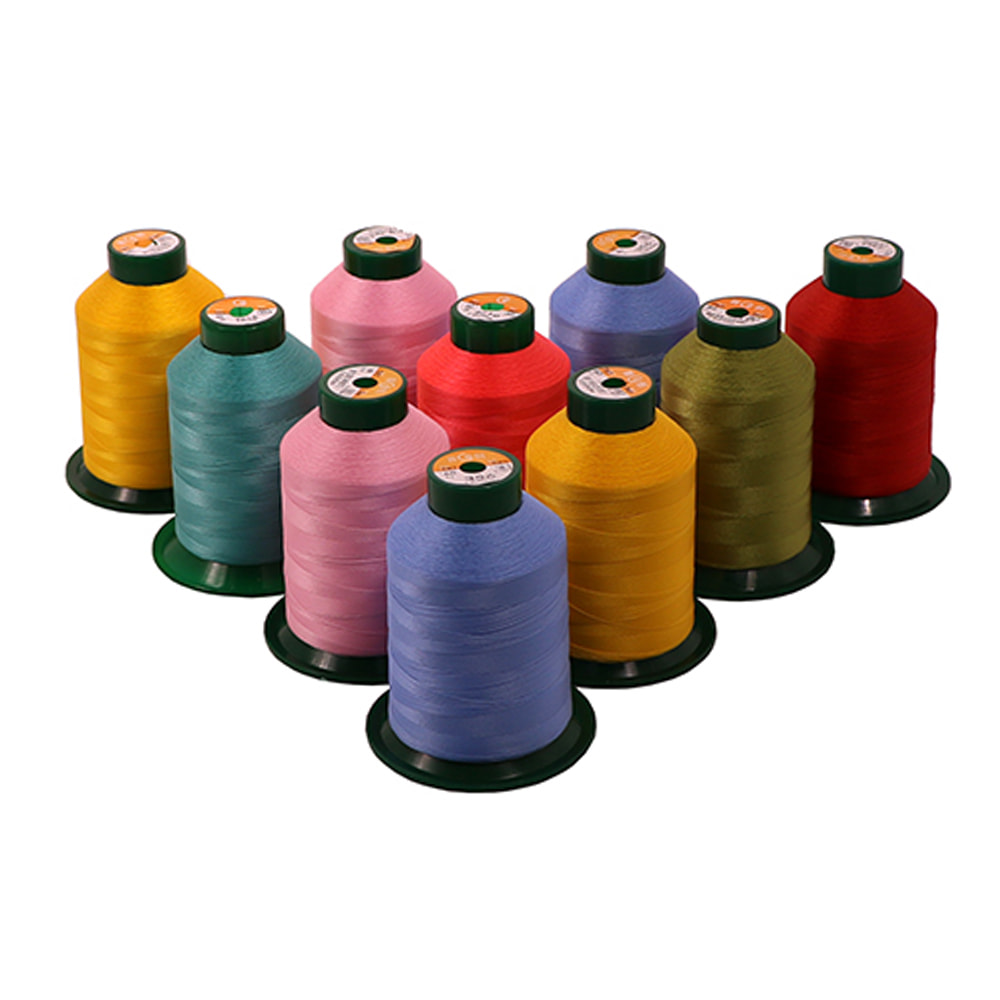In the fast-developing textile industry today, environmental pollution issues are becoming increasingly prominent, especially the disposal of textile waste and plastic garbage, which places immense pressure on the global ecosystem. It is against this backdrop that Recycled Environmentally Friendly Yarn has emerged and quickly become a focal point for industry change. It is not merely a new type of material but a tangible practice of sustainable development in the textile sector. This yarn is made by recycling used plastic bottles, textile waste, and other materials, which are processed and transformed into fibers usable for textile production. Its emergence reduces the reliance on non-renewable resources like petroleum at the source, lowers energy consumption and carbon emissions during production, and injects green vitality into the entire textile supply chain.
From Waste to Treasure: Unveiling the Manufacturing Process of Recycled Environmentally Friendly Yarn
The production process of recycled environmentally friendly yarn is a magical journey that turns waste into "gold." Taking the most common example of used plastic bottles, they are first collected, sorted, and cleaned, then crushed and melted. This process is known as physical recycling. The melted plastic is extruded through a spinneret to form new fiber filaments. These filaments are then stretched and wound, among other steps, to ultimately produce recycled polyester yarn, commonly known as RPET yarn. Another technology, chemical recycling, is more complex. It uses chemical reactions to break down waste polymers back into their monomers, which are then re-polymerized to create a polymer identical in performance to virgin polyester. This method can handle lower-quality, more mixed waste plastics and ensures the high quality of the final yarn. Regardless of the technology used, the entire production process requires strict quality control to ensure the final yarn has stable physical properties and good dyeing characteristics, meeting the needs of downstream textile production.
Widespread Application and Unique Advantages of Recycled Environmentally Friendly Yarn
The applications of recycled environmentally friendly yarn have exceeded many people's imaginations, extending from initial outdoor sportswear and backpacks to everyday casual wear, home furnishings, and even automotive interiors. For brands, using recycled environmentally friendly yarn to produce products not only aligns with environmental calls but also significantly increases product value. It gives the product a "sustainable" story that appeals to environmentally conscious consumers. Compared to conventional yarn, the advantages of recycled environmentally friendly yarn are obvious. It effectively reduces the carbon footprint and water consumption. According to statistics, producing one ton of recycled polyester yarn can reduce a significant amount of carbon dioxide emissions and water consumption compared to producing one ton of virgin polyester. Furthermore, recycled environmentally friendly yarn typically has a soft feel and excellent moisture-wicking properties, with performance that can rival or even surpass conventional yarn in some aspects, making it highly popular in the functional apparel market.
How Wholesalers Evaluate and Select High-Quality Recycled Environmentally Friendly Yarn
For wholesalers looking to source recycled environmentally friendly yarn, choosing the right supplier is crucial. First, it's essential to check the supplier's production qualifications and relevant certifications, such as the Global Recycled Standard (GRS) certification. The GRS certification ensures that the source of the recycled content is traceable and imposes strict requirements on environmental and social responsibility during the production process, making it an important standard for gauging the authenticity and quality of environmentally friendly yarn. Secondly, pay attention to the yarn's physical performance indicators, such as strength, elongation, and colorfastness, which are critical factors determining the final product's quality. A reliable wholesale recycled environmentally friendly yarn supplier will usually provide detailed product test reports and be able to offer customized products based on customer needs, including different specifications, colors, and functionalities of yarn. Strong supply chain management capability is also essential, as it ensures stable and timely supply, helping wholesalers better respond to market changes.
The Future of Sustainable Fashion: The Role of Recycled Environmentally Friendly Yarn
In the foreseeable future, recycled environmentally friendly yarn will play an increasingly important role in the textile industry. As global awareness of climate change and environmental issues grows, so does consumer demand for sustainable products. This not only drives textile companies to transition to green production but also prompts suppliers throughout the entire supply chain to innovate and upgrade their products. In the future, we will see more environmentally friendly yarns made from new materials like bio-based waste and recycled cotton textiles, as well as more efficient and eco-friendly recycling technologies. The wholesale recycled environmentally friendly yarn supplier will not just be a product provider but a partner in sustainable solutions, jointly promoting the development of sustainable fashion. We believe that through the collective efforts of all parties, a greener, more circular textile future will no longer be a dream.
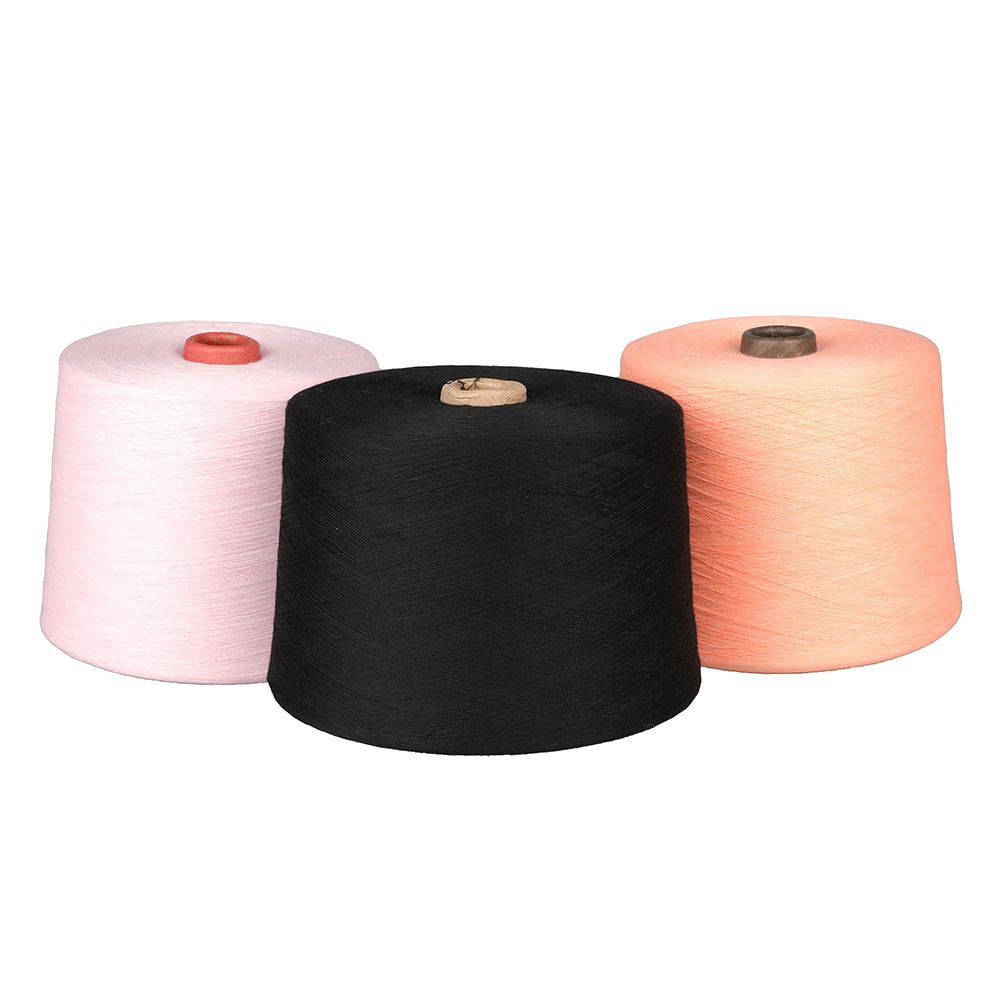

 English
English 中文简体
中文简体 Español
Español